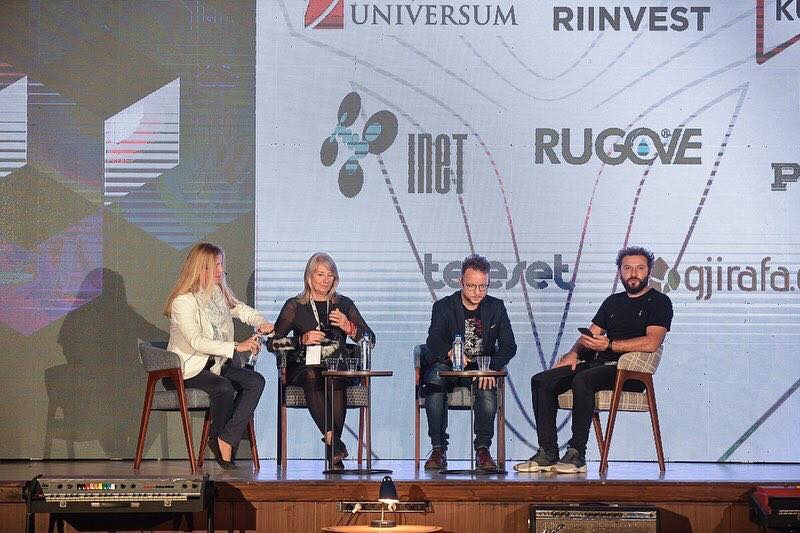Development of Outsourcing and how Kosovo can learn from other examples

Outsourcing is the business practice of hiring a party outside a company to perform services and create goods that traditionally were performed in-house by the company’s own employees and staff. Outsourcing is a practice usually undertaken by companies as a cost-cutting measure. As such, it can affect a wide range of jobs, ranging from customer support to manufacturing to the back office.
With the advancement of technology, outsource has become one of the most strategic tools in the trends of the business-making. With the rapid development of the IT field, Kosovo has become one of the convenient locations to develop global sources of IT services.
According to the Global Sourcing Association (GSA) the Southeast Europe – Kosovo region has become an attractive location for sourcing/outsourcing due to the qualified staff and a large number of highly educated, bilingual and qualified IT professionals. Kosovo has the youngest population (53% of Kosovars being under 25) in the EU, a strategic time zone (CET), the Euro currency, attractive prices, cultural affinity and a free trade agreement with the EU and US.
This way of functioning, despite the benefits that outsourcing creates, there are some of the challenges that almost all companies are already facing.
KosICT conference (24-25 October 2019) held in Pristina-Kosovo, created extraordinary opportunities to tackle such an important topic. In addition to numerous presentations dealing with this topic, a panel discussion was held on the topic: Development of Outsource and how Kosovo can learn from other examples
The panel discussion consisted of:
Robert Shala [CEO – Sentry]
Iva Matasich [Consultant]
Christiane Amini [Consultant]
Panel Moderator: Arianit Fazliu [Founder – Kutia]
Arianit Fazliu, as the moderator of the panel, highlighted some of the most important issues facing companies not only in Kosovo but also abroad. As part of the panel were business consultants and business advisors from other countries, these questions were raised as key issues in which the discussion took place:
- What are the main challenges of outsourcing?
- What are the key factors that a company looks forward to find in an outsourcing company?
- Can you share with us examples on how to find contact persons who have networks and can provide business to companies in Kosovo (like a middle man)?
- How do usually companies resolve legal issues between the partners?
- How to make it possible for the abroad companies who are interested in investing in Kosovo to contract the existing companies and not open new ones?
These issues were discussed one by one, providing very useful information for anyone interested in hearing such a discussion. The panelists provided information from their daily experiences on outsourcing and the challenges they face. This discussion was evaluated by the participants as very informative and interesting at the same time, receiving positive feedback.